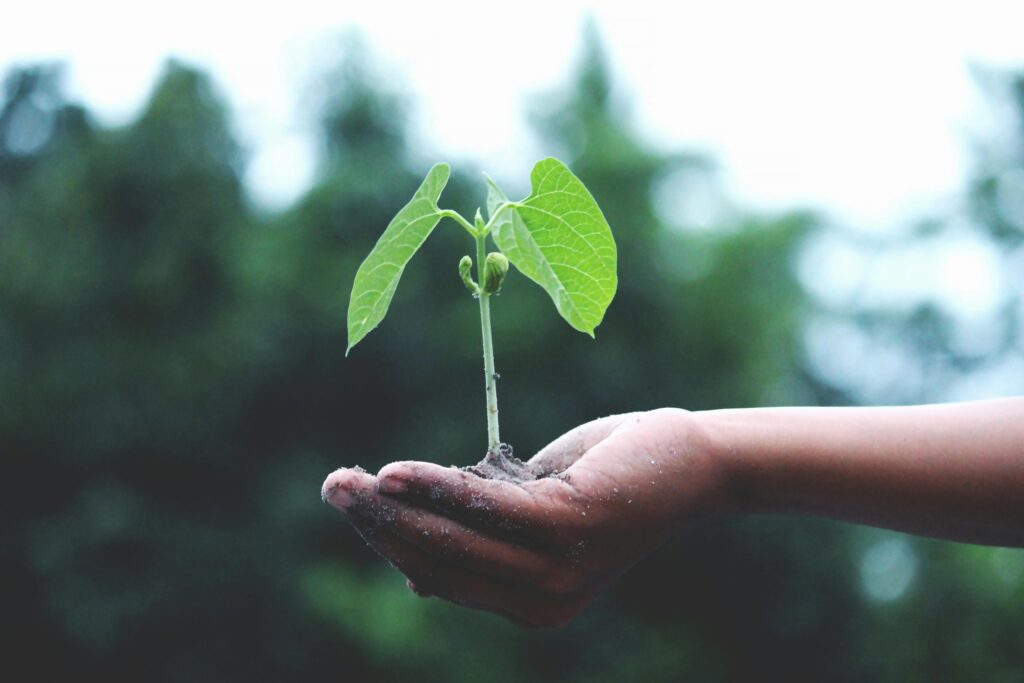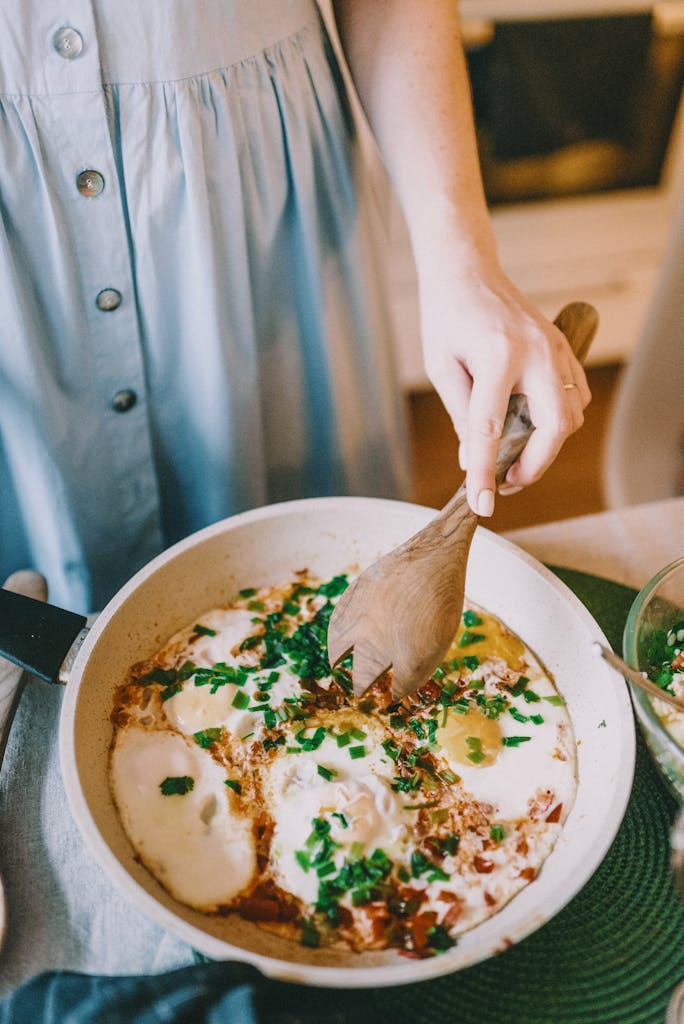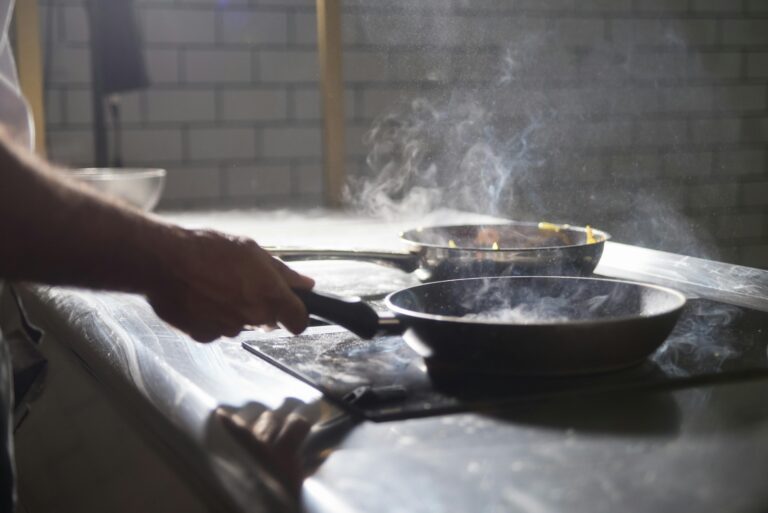The Science and Power of Cooking with Intention
When you step into the kitchen, you’re not just preparing food—you’re crafting nourishment for the body, mind, and spirit. Cooking with positive intention goes beyond choosing wholesome ingredients; it’s about the energy, mindset, and love you infuse into your meals. This isn’t just feel-good fluff—it’s backed by science, and the impact can be profound.
Let’s dive into why cooking with intention matters, the science behind it, and how you can transform your kitchen into a sanctuary of healing energy.

The Science of Intention: Energy is Everything
Every thought and action emits energy. In quantum physics, intention is seen as a directed force that can influence outcomes on a molecular level. While this might sound abstract, the principle is simple: the energy you project affects the world around you, including your food.
Water Crystals and the Power of Words
Dr. Masaru Emoto’s experiments with water molecules are a striking example. He found that water exposed to loving words, such as “thank you” or “love,” formed beautiful, symmetrical crystals when frozen. In contrast, water exposed to negative words like “hate” produced disorganized and chaotic patterns.
Since our bodies are made up of about 60% water, and food contains water, the energy and intention you bring to cooking can influence the molecular structure of what you eat—and how your body responds to it.

Heart Coherence and Food Preparation
The HeartMath Institute has shown that emotions like gratitude and love create a state of “heart coherence,” where your heart, brain, and nervous system align harmoniously. When you cook in this state, you radiate electromagnetic energy that positively impacts not only your well-being but also the food you’re preparing.
Imagine cooking a meal with love, gratitude, and care:
• Your body stays relaxed, lowering stress hormones like cortisol.
• The food absorbs this calm, positive energy.
• When consumed, the meal nourishes not only the body but also the spirit.

The Healing Energy of Gratitude
Gratitude isn’t just a fleeting emotion—it’s a powerful force with the ability to transform your physical, emotional, and energetic state. Studies have shown that cultivating gratitude can significantly improve mental health, lower stress levels, and even enhance physical healing. When it comes to cooking, gratitude can act as the invisible ingredient that turns an ordinary meal into a profound act of nourishment and connection.
Gratitude and the Science of Energy
Every thought and emotion carries a specific vibrational frequency. Gratitude resonates at one of the highest frequencies, elevating your overall energy. When you bring this elevated state of gratitude into your cooking, it doesn’t just stay with you—it transfers into the food, infusing it with positive energy that can be felt by those who eat it.
In practical terms, expressing gratitude while cooking has measurable effects:
• Lowers cortisol levels: Gratitude reduces stress hormones, allowing you to stay calm and focused.
• Increases serotonin and dopamine: These feel-good chemicals enhance your mood and make the act of cooking feel joyful and fulfilling.
• Improves heart rate variability (HRV): A higher HRV is associated with resilience and emotional well-being, which translates into a calmer, more loving cooking process.

The Role of Gratitude in Cellular Healing
Emerging research shows that gratitude can influence physical health at the cellular level. One study published in Psychological Science found that individuals who practice gratitude regularly have lower markers of inflammation, better heart health, and a stronger immune response. These effects are crucial when navigating healing journeys, particularly those involving chronic illnesses like cancer.
When you cook with gratitude, you’re not just creating meals; you’re crafting medicine for the body and spirit. This energy of gratitude is absorbed into the food and, when consumed, supports your body’s natural healing processes.
Science Meets Spirituality: The Gut-Brain Connection
Your emotions influence digestion. The gut, often called the “second brain,” is lined with neurons that respond to stress, joy, and calm. Studies show that eating under stress can disrupt digestion, leading to bloating, nutrient malabsorption, and inflammation.
On the flip side, when you prepare and eat food with love, your parasympathetic nervous system—the “rest and digest” mode—kicks in, optimizing digestion and nutrient uptake. Cooking with positive intention primes your body to receive the full benefits of your meal.

How to Cook with Intention: A Practical Guide
Here’s how to infuse positive energy into every dish:
1. Set the Mood
• Clear your kitchen space to create a sense of calm.
• Play soothing music or light a candle.
• Start with a deep breath to ground yourself.
2. Express Gratitude
• Take a moment to thank the ingredients.
• Visualize the meal bringing nourishment and healing.
3. Stay Present
• Focus on the colours, smells, and textures of your ingredients.
• Avoid multitasking—be fully engaged in the process.
4. Infuse Love
• Stir your soup with the intention of comfort.
• Chop vegetables while visualizing strength and vitality.
• Plate your food with care, as though presenting it to someone you love.
5. Bless Your Meal
• Before eating, take a moment to bless your food.
• Affirm its nourishing qualities: “This meal heals and energizes me.”

Why It Matters: Energy and Healing Go Hand-in-Hand
The act of cooking is a sacred ritual—a time to care for yourself and others at the deepest level. By cooking with intention, you align your body and mind with the healing power of the food you prepare.
This practice isn’t just about what you eat; it’s about how you eat.
Every meal becomes an opportunity to heal, connect, and honour the life force within and around you.
So, the next time you step into the kitchen, remember: It’s not just food—it’s medicine, love, and energy.
From my heart to yours, may your meals bring healing, joy, and connection.

